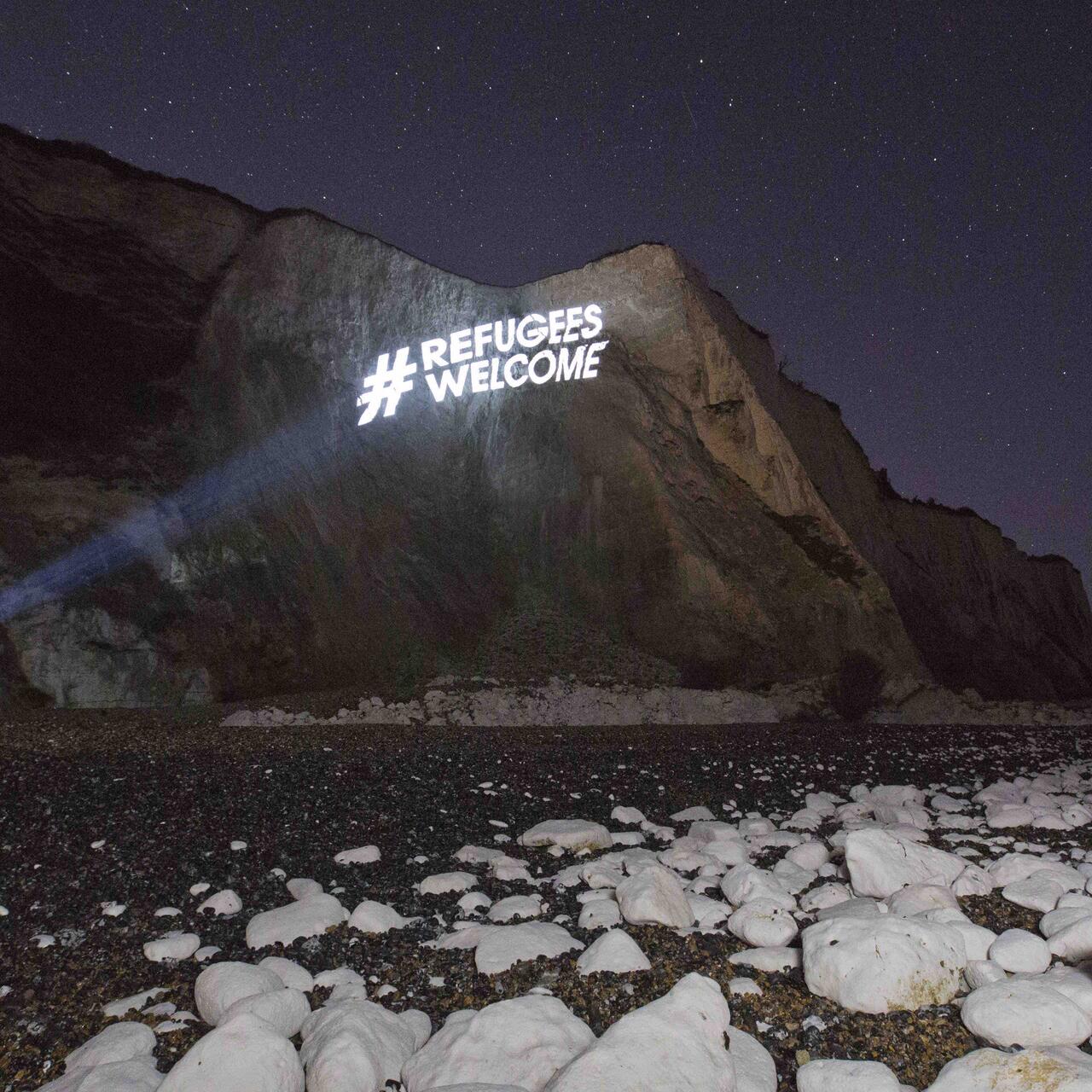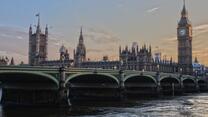
The growing number of people risking their lives to cross one of the world's busiest shipping lanes in small boats is a clear sign of desperation. It not only demonstrates the increasingly dangerous decisions people are making in search of safety, but also the need for safe routes into the country.
We shed some light on why people make such dangerous journeys, and what happens afterwards.
Why do people risk the channel crossing when it's so dangerous?
1. People are fleeing even more dangerous situations.
Many have left their homes to flee war and persecution or are escaping famine and poverty. Most people have endured intense hardship to make it this far. For example, those who travel through Libya risk abuse, sexual violence and exploitation along their journeys. If people manage to reach the shores of the UK, they are already extremely vulnerable.
2. There is no safe way to apply for asylum from outside of the UK.
And avenues for refugees coming to the UK are very limited. The current schemes are circumstance or location specific. This is why organisations like IRC keep calling for more safe routes.
But why the UK? Why not stay in France which is a 'safe' country?
There are several reasons people might make the Channel crossing to reach the UK specifically.
3. They are reuniting with family already living in the UK.
4. If English is their second language, they want to reach an English-speaking country.
5. They have colonial ties with the UK.
6. The conditions in France, or elsewhere, have proved to be unsafe.
People may have been exposed to abuse, exploitation and dangerous living situations in other European countries.
7. They may have been unable to apply for asylum in another country, or have been rejected.
In a situation where returning home means death—people have no choice but to look for safety elsewhere.
What happens to people crossing the channel when they arrive in the UK?
It is important to remember that it is not illegal to seek asylum in the UK. The 1951 Refugee Convention, of which the UK is a signatory, stipulates that people can seek asylum in any country they choose.
Once people arrive in the UK, they’ll go through a rigorous process during which their asylum cases are assessed before being allowed to remain.
Our Claiming asylum in the UK explainer goes into more detail about the current laws and processes for people claiming asylum
The numbers of people seeking safety are entirely manageable for a rich and stable continent like Europe. All countries must live up to their global responsibilities to protect refugees and uphold the right to asylum.
What is clear is that the absence of safe routes for seeking asylum in the UK, is an incentive to people smugglers, and human traffickers, pushing people to take greater risks.
More than 29,000 people made the crossing to the UK in 2023.
Can the UK manage the numbers of new arrivals?
The numbers of asylum seekers in the UK are manageable. We must not buy into the false narratives that the UK is under threat from an ‘invasion’ of people
It is important to have a sense of perspective. Though more than 29,000 people made the crossing from France to the UK in 2023 - showing the need for safe routes - the number of refugees and asylum seekers in the country is relatively small, considering that 85% of the world’s refugees are living in countries neighbouring their country of origin.
What needs to be done?
There are a number of simple measures that the UK can adopt to help alleviate this situation and prevent more deaths. People seeking safety should not be forced to make life-threatening journeys in order to seek asylum, which is why safe routes must be expanded.
The Government should also invest in the asylum system so that all claims are heard quickly and fairly. Although the Home Office claims a decision will usually be made within six months, Freedom of Information requests found that, on average, it takes one to three years to get an initial decision on an asylum case. Some cases take longer than five years.
The IRC is calling for an urgent change in approach. Politicians must stop turning human tragedy into political point-scoring. It’s time to move away from the model of deterrence, which has already caused untold human misery, and towards cooperation between European countries that place the protection of refugees at the centre of any response.
Read more: What are safe routes in the UK? Four common myths explained
What is the International Rescue Committee?
The International Rescue Committee (IRC) helps people affected by humanitarian crises to survive, recover and rebuild their lives. Founded in 1933 at the call of Albert Einstein, we now work in over 50 crisis-affected countries as well as communities throughout Europe and the Americas.
The IRC in the UK
In addition to helping people in the midst of humanitarian crises, the IRC helps refugees living in the UK recover and rebuild their lives. Read about our UK programmes.




